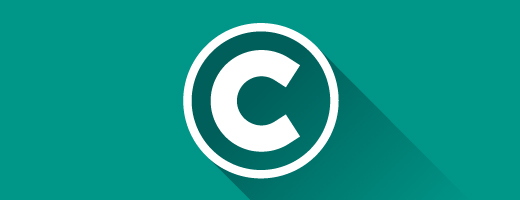Creators of artistic and literary works can take advantage of a set of privileges granted to them by copyright law. However, not all artistic and literary creations are automatically protected. In order to be protected, they must meet an essential criterion: the originality of the work. In other words, they must be imprinted with the personality of their author, and not a simple reproduction of an existing work. Antoine Beraud, lawyer, gives us an update on the subject.
Copyright: which works are concerned?
As we said, in order to be protected, the work must be original. It must also be materialized, existing, because concepts, ideas or methods cannot be protected by copyright. So what type of work is protected by copyright? The answer is given to us by article L.112-2 of the Intellectual Property Code, which draws up a non-exhaustive list of literary and artistic works that can be protected by copyright:
- Books (covering its different forms: plays, pleadings…) ;
- Choreographic works: dance, musical, circus… ;
- Cinematographic and audiovisual works;
- Artistic works including painting, architecture, sculpture, drawing… ;
- Photographs;
- The plans ;
- Software;
- Sketches in the field of fashion;
As this list is not exhaustive, it goes without saying that other types of works can also be protected by copyright.
How to protect your work by copyright?
Copyright, unlike industrial property, does not require any filing formalities to be activated. It simply comes into being on the day the work is created. That said, it is strongly recommended that you file your work with a bailiff or a notary, with an author’s society and a collective rights management society, or that you send it by registered mail or by Soleau envelope (available at the Institut National de la Propriété Intellectuelle).
But what is the use of these steps, when the author has no administrative obligation to in France? They are useful in case of litigation, because the burden of proof lies with the person claiming authorship and protection of his work. If you are able to present evidence of the date of creation of the work and the identity of its author, it will be easier for the judge to grant your request.
What are the prerogatives granted by copyright?
Copyright grants two categories of prerogatives:
The economic rights, which concern any exploitation of the work, whether it is reproduction, representation, diffusion… When a person other than the author or his heirs proceeds to such an exploitation without prior authorization, he can be sued for infringement;
The moral rights, which are attached to the author. He is the only one to decide on the exploitation of his work and the form of this exploitation.
